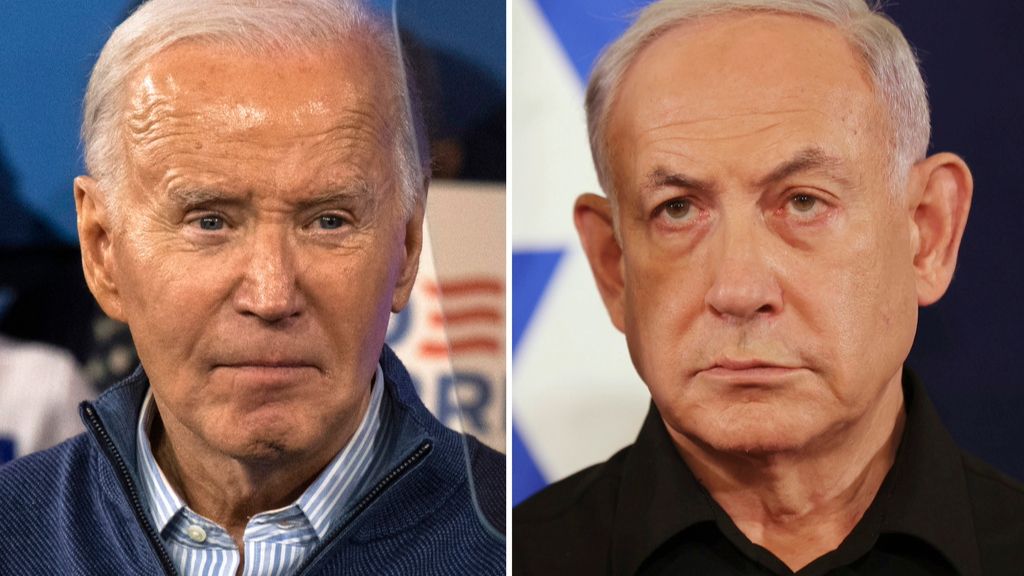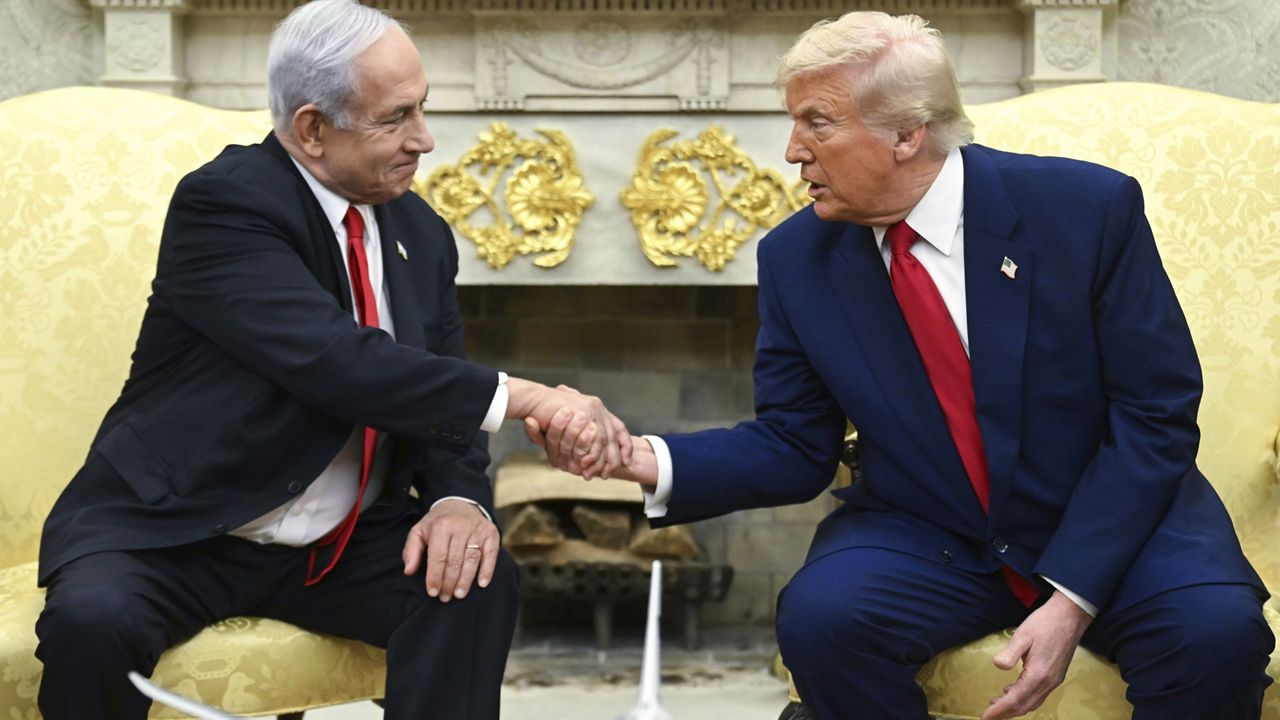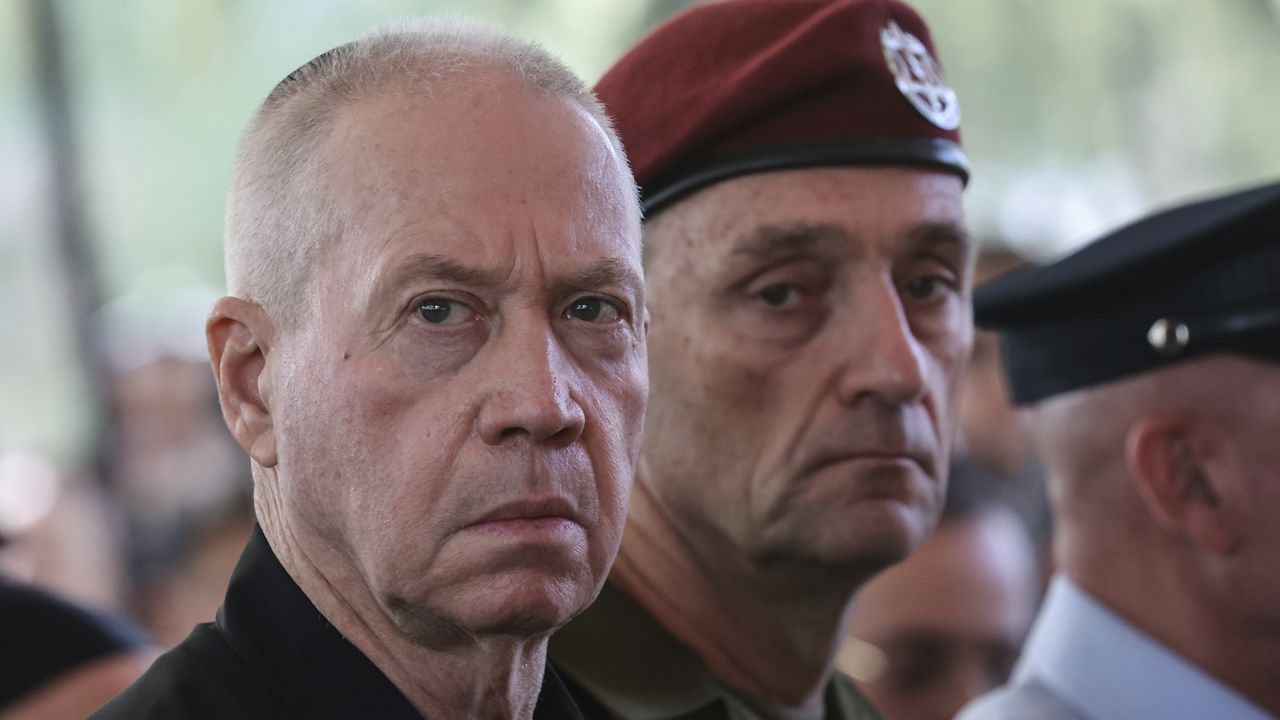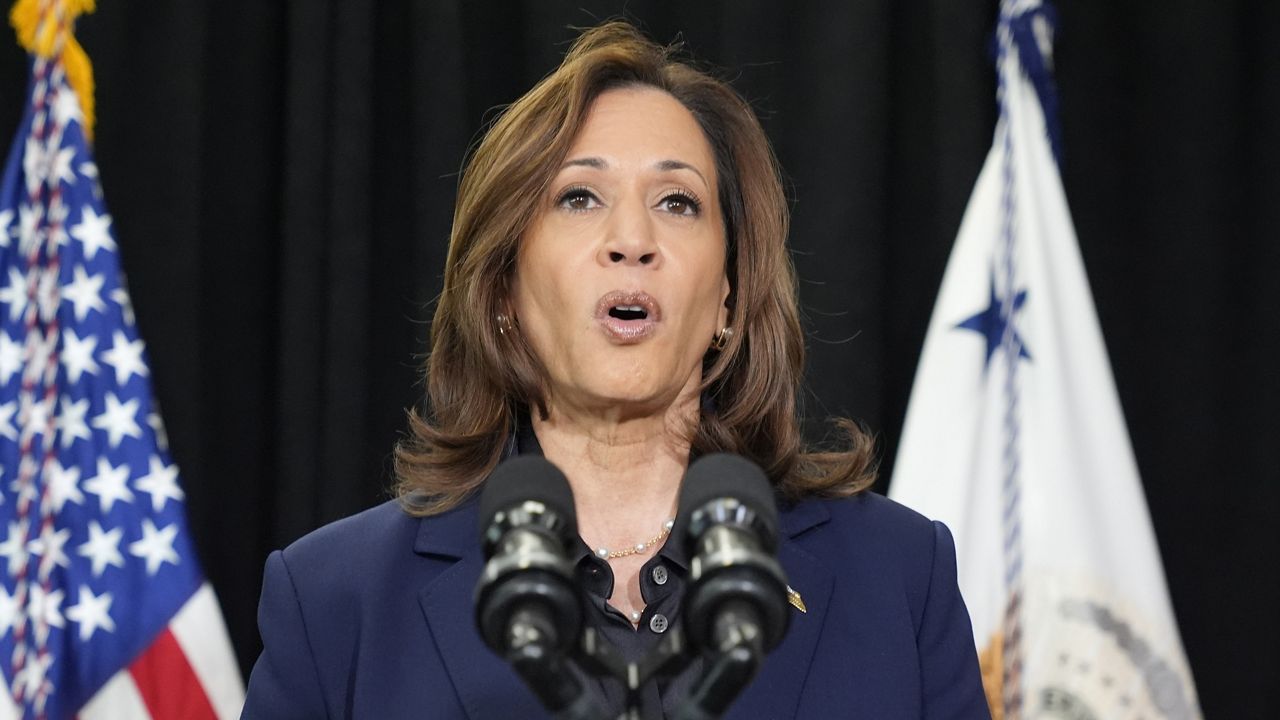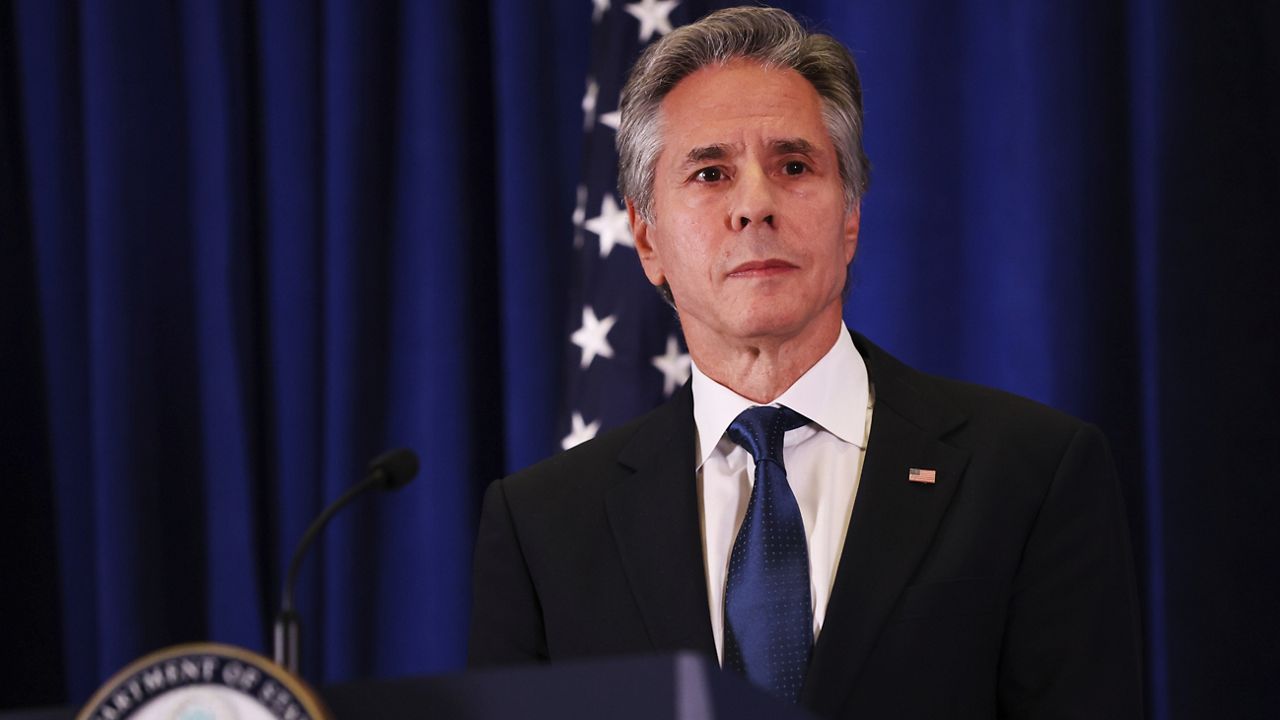President Joe Biden on Monday spoke with Israeli Prime Minister Benjamin Netanyahu, just hours before news broke that Hamas had responded to a proposal that seeks to secure the release of hostages for a pause in fighting in Gaza -- and Israeli forces began "targeted strikes" against Hamas in Rafah.
White House National Security spokesman John Kirby announced at Monday afternoon’s press briefing that the U.S. was currently reviewing a response from Hamas, stopping short of going into any of the parameters of the potential cease-fire and hostage release deal.
CIA Director Bill Burns, he added, is currently in the region leading the review for the U.S. and Israel needed the chance to look over the proposal before any determination about whether such a deal is going to move forward can be made.
Kirby noted while Biden and Netanyahu did discuss the latest on hostage deal negotiations, Hamas’ response had not come yet when the U.S. and Israeli leaders spoke Monday morning.
Biden on Monday also hosted Jordan’s King Abdullah II over lunch at the White House to discuss the state of negotiations.
The U.S. and Egypt, along with Qatar, have been working for weeks to shore up a new cease-fire and hostage release deal, with talks continuing in Doha on Monday, according to the White House.
The Biden administration last week emphasized that the fate of such a deal was in the hands of Hamas, with Secretary of State Antony Blinken urging the militant group to take the “extraordinarily generous” proposal by Israel.
The 30-minute conversation between Biden and Netanyahu on Monday came as Israel showed signs of taking its first steps toward its long-pledged invasion of the southern Gaza city of Rafah, a move that could defy objections from the U.S. and mark an escalation in the seven-month old war.
A readout from the call provided by the White House noted Biden “reiterated his clear position on Rafah.” The White House has said it doesn’t support a full ground operation without a plan to protect the more than one million civilians who are taking refuge in the city.
“We don’t support a major ground operation in Rafah, operations in general that put at greater risk the more than a million people that are sheltering there,” Kirby said at Monday’s briefing.
Netanyahu has continued to insist that an invasion of Rafah is the necessary next step in its campaign to eliminate Hamas, despite international opposition, including from the U.S.
The Israeli army ordered tens of thousands of civilians in the city to begin evacuating, signaling that a possible invasion was imminent.
Biden has faced pushback on the international stage, as well as some at home in the form of protests at college campuses nationwide, over his continued support of Israel as the Palestinian death toll has risen and the humanitarian crisis worsened.
Jordan’s Queen Rania al Abdullah of Jordan, who is of Palestinian descent, said the world is getting “mixed messages” from the U.S. amid the war in an interview on CBS’ “Face the Nation" on Sunday.
“On the one hand, the U.S. is demanding that more aid rightfully go back into Gaza. At the same time, they're- they're denying that the starvation is intentional,” she said.
“There's an expression of concern over civilian deaths, but at the same time, there's a provision of offensive weapons to Israel that are used against Palestinians,” she continued.
The Biden administration recently has emphasized the need to get more humanitarian aid into the Palestinian territory. Netanyahu on the call with Biden agreed to ensure the Kerem Shalom crossing is open for humanitarian assistance, according to the White House.
Biden also marked Yom HaShoah, Holocaust Remembrance Day, on Monday’s call, according to the White House, pledging to act against antisemitism.
“The two leaders discussed the shared commitment of Israel and the United States to remember the six million Jews who were systematically targeted and murdered in the Holocaust, one of the darkest chapters in human history, and to forcefully act against antisemitism and all forms of hate-fueled violence,” the readout read.
Biden is set to give the keynote speech at the U.S. Holocaust Memorial Museum’s Days of Remembrance ceremony in the U.S. Capitol in Washington on Tuesday.




